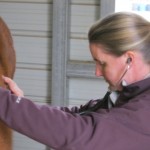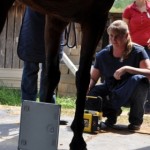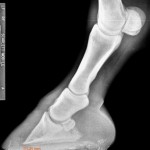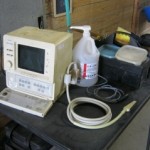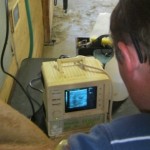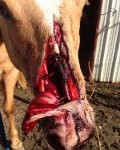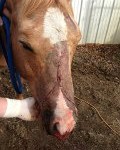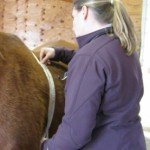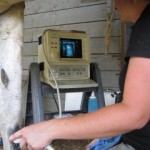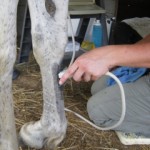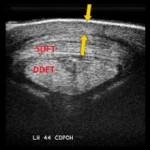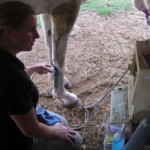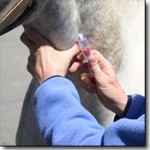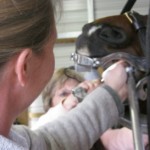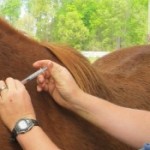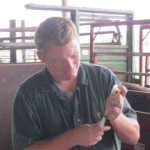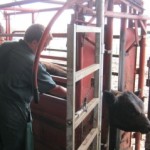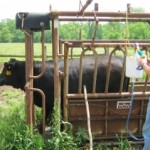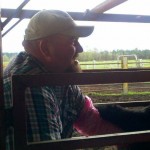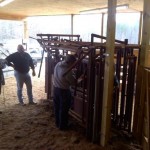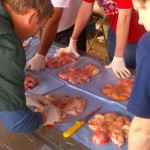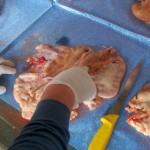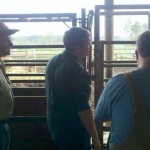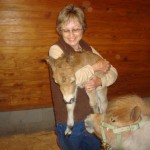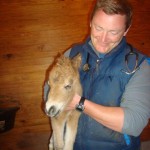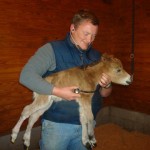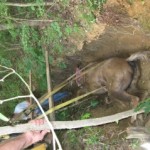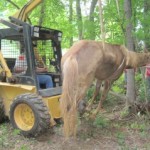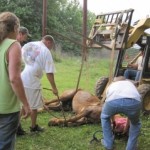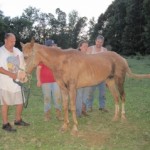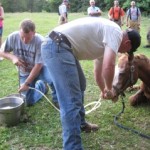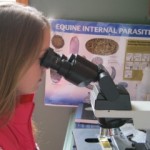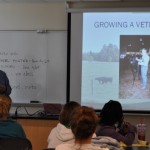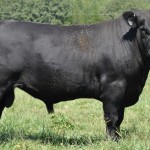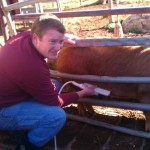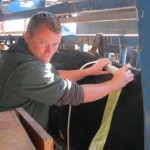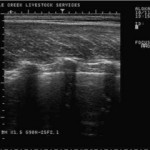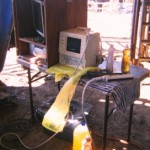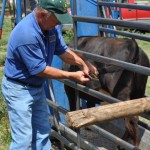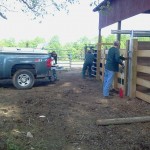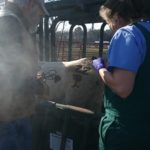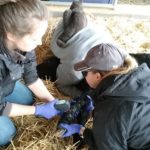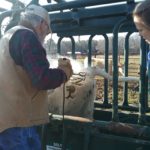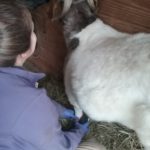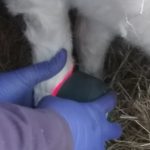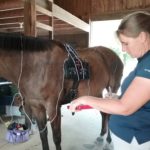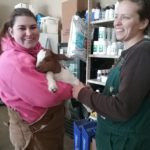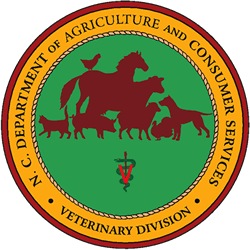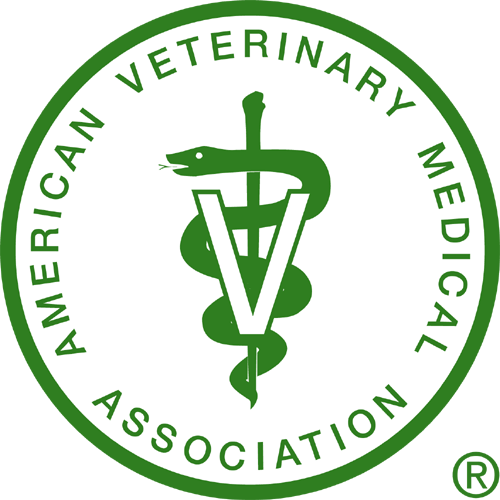- Physical examinations are important to assess general health and specific alterations can help point us to a diagnosis.
- Equine Radiography: taking radiographs (X-rays) allows us to see the bones and some of the soft tissue structures.
- Radiograph
- Reproductive Ultrasound
- We offer equine and bovine reproductive services.
- Equine Facial Laceration Repair
- Laceration Repair Complete
- It is important to keep track of your horses weight through body condition scoring and by weighing regularly.
- Tendon ultrasound: ultrasound allows us to better visualize the soft tissue structures of the leg for injury.
- Tendon imaging with ultrasound
- Ultrasound image of the superficial and deep digital flexors
- Tendon imaging with ultrasound
- Blood draw: can be for a routine testing (like a Coggins) or to run blood work to help diagnose a illness.
- Equine Power Dentistry: it is important to have your horse’s teeth checked regularly. Some horses need “floats” more often than others.
- Routine vaccinations are important to protect your horse against mosquito borne diseases, tetanus, and rabies among others.
- Cattle Herd Health: Routine vaccinations are important for cattle too!
- Cattle Herd Health
- Cattle Herd Health
- At our AI course attendees learn the many aspects of breeding cattle.
- AI Course
- At our AI course attendees learn about the bovine reproductive tract anatomy
- At our AI course attendees learn about the bovine reproductive tract anatomy
- AI Course
- Babies are everyone’s favorite!
- Equine Rescue
- Equine Rescue
- Equine Rescue
- Equine Rescue
- Equine Rescue
- Fecal Egg Counts: Evaluating our livestock for intestinal parasites allows us to target deworming medications accurately and keep our animals healthy.
- Carcass Ultrasound: Allows us to evaluate carcass merits in a living animal
- Carcass Ultrasound
- Carcass Ultrasound
- Carcass Ultrasound
- Cattle Herd Health
- Cattle Herd Health

